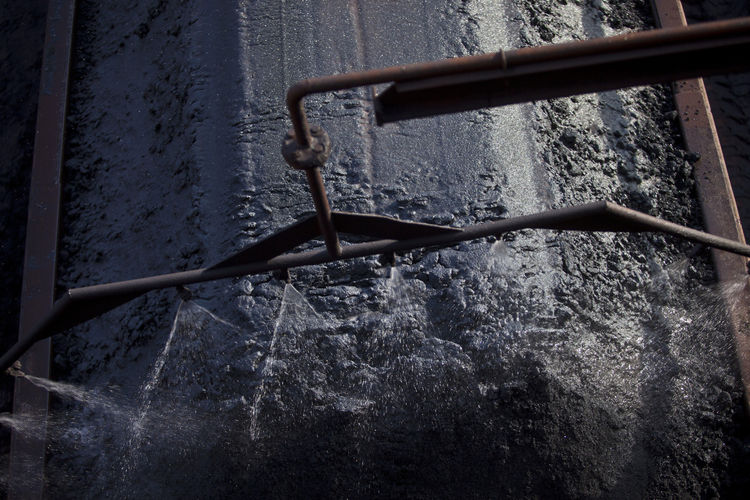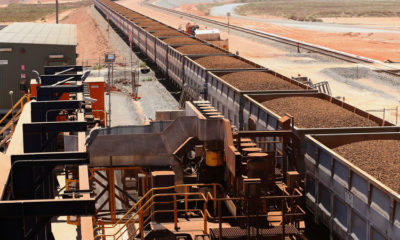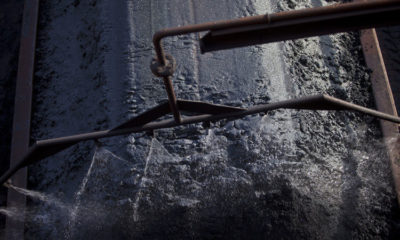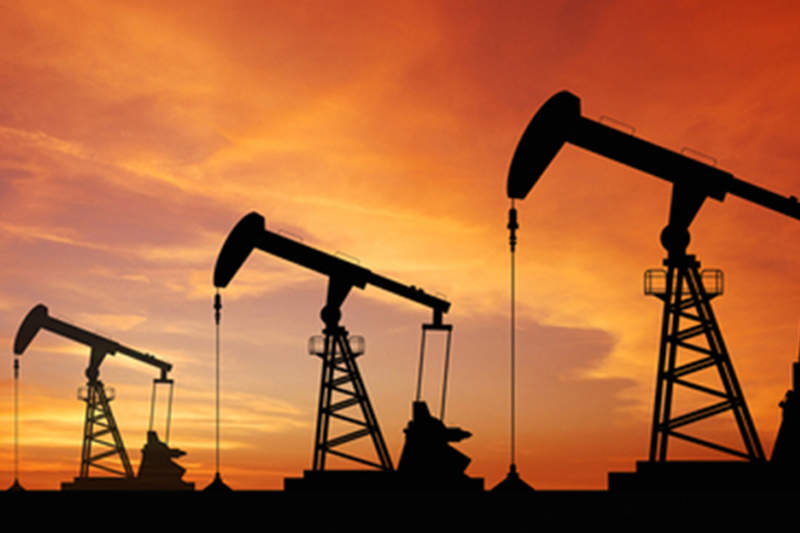Markets
Iron Ore Exporter Predicts Prices to Fall 19% in 2016
-

 News4 weeks ago
News4 weeks agoBbnaija’s Wanni Wins Innoson Car Challenge, Secures First Vehicle with Twin Sister
-

 Technology4 weeks ago
Technology4 weeks agoOpenAI’s Valuation Soars to $157 Billion After $6.6 Billion Funding Round
-

 Business4 weeks ago
Business4 weeks agoNigerian Businesses Slash Dollar Exposure as Naira Depreciation Deepens
-

 Investment4 weeks ago
Investment4 weeks agoFG Secures $200m Afreximbank Investment For Creative Industry
-

 Banking Sector4 weeks ago
Banking Sector4 weeks agoUnity Bank, Anwbn Empower Women Entrepreneurs With Ai, Digital Marketing Skills
-

 Banking Sector4 weeks ago
Banking Sector4 weeks agoNigerian Banks Face Soaring Wage Bills Amid Rising Inflation
-

 Investment4 weeks ago
Investment4 weeks agoNigeria Targets $10 Billion in Deep-Water Gas Investments with New Tax Incentives
-

 Appointments4 weeks ago
Appointments4 weeks agoStanbic IBTC Appoints Dr. Kunle Adedeji as Acting CEO Ahead of Leadership Transition






















